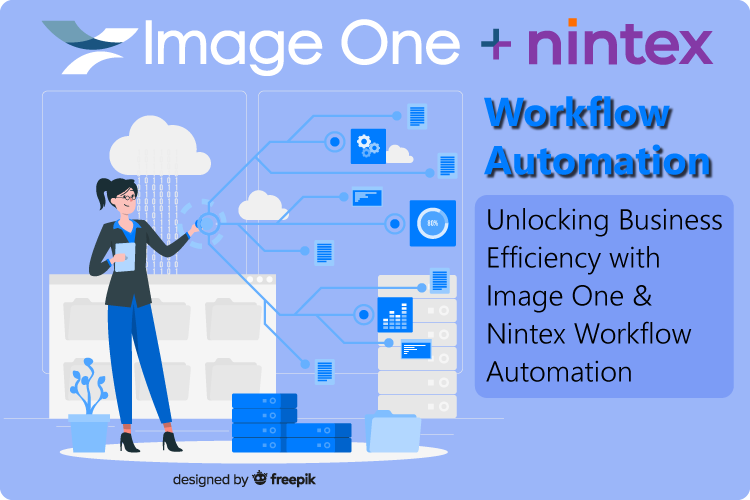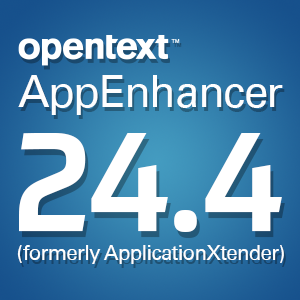Documenting workflow in electronic systems is good for compliance
Thursday, April 30, 2015There are many reasons why companies should go paperless.
There are environmental advantages, cost reasons and it makes life simpler in the long run. It is easy to agree that storing and accessing files on a computer is easier than sifting through antiquated file cabinets. Another strong argument in the case for going paperless is added security. Breaking into an office is significantly easier than hacking a 12 character encrypted password. One area where the case for going paperless may not be so obvious is compliance and regulatory review. The right content management system documents workflow processes. In all industries, when the regulator inspects operations, they usually want to see that proper documentation exists and that protocols are routinely followed. Content management systems make this an afterthought.
Document management systems are good for maintaining compliance
InvestmentNews recently discussed how going paperless will help financial companies during audits by the Securities and Exchange Commission. The financial industry is one area where the regulator is always expanding oversight of companies in order to ensure investor rights are protected. Especially after the financial crisis of 2008, the need for scrutiny is evident. However, increased regulatory oversight can be a burden for companies, as it can slow down operations and even uncover some unintentional lapses in compliance.
According to InvestmentNews, having a computer-based filing system provides protection against compliance infractions and makes inspections go a lot more smoothly. The reason is that a major component of compliance oversight is making sure workflows are well-documented and important rules are adhered to. Sophisticated document management systems help companies because they allow for quick storage and retrieval of information and show how processes were followed in document creation. Tom Embrogno, chief growth officer at Docupace Technologies, explained that computerized document systems also reduce the amount of time it takes to go through an SEC audit, because everything is so easily searched and accessed.
"It significantly reduces time," said Embrogno, according to the news source. "What would have taken you two to three weeks to go through with file cabinets and taking out staples and copying things, you can do in two to three seconds."
Valerie Chaille, president at SummitView Financial, an investment advisory firm, mentioned how maintaining a paperless office helped her through her audit with the regulator.
"I basically set up the electronic files that were ordered and structured the way paper files needed to be set up," Chaille told InvestmentNews. "Once I explained how the electronic files were set up, they easily found what they were looking for and commented that our notes and files were thorough and well organized."
Going paperless in health care can help maintain confidentiality
The financial industry is not the only place where going paperless has been beneficial. The Volante reported that the South Dakota Department of Health recently transitioned to a paperless health inspection process. Health inspectors now use tablets to fill out their forms, making the whole inspection process a lot more efficient. John Osburn, assistant administrator for the Department of Health, explained how the switch to paperless also helps protect patient confidentiality.
"We did want it more accessible to the public," said Osburn, according to the news source. "And so that was a factor, but again there's other issues. We wanted to gather the data in a more timely fashion, and we'll be able to do more with that data that we bring in."
Ultimately, it is hard to argue why the use of paper is better than electronic file management. In some instances, having a paper copy is important, but when that is not the case, the benefits are simply too many to not make the switch.
Brought to you by Image One Corporation providing complete information governance since 1994.




